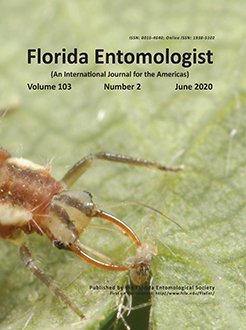Anthonomus eugenii Cano (Coleoptera: Curculionidae) is one of the most severe pests for sweet and hot varieties of pepper (Capsicum spp.; Solanaceae). The species is distributed widely, principally in Central America, but in 2013 it was detected for the first time in the Lazio region of Italy. Modelling plays a key role in reducing chemical treatments used on Capsicum spp., but reliable predictions of pest populations require adjusted tools, as well as intense knowledge of the insect's biology and its typical environment. The main goal of this work is to describe the life cycle of A. eugenii with a physiologically based model, which links the population dynamics with the environmental parameters. More specifically, this analysis focuses on the different response of the age-structured model in relation to the development rate function in input. Two methodologies to determine the best representative development rate function suitable for simulations are proposed; the first is “a priori analysis,” whereas the second is the “a posteriori analysis.” Simulations were compared with semi-field data, collected in a controlled experimental greenhouse where A. eugenii developed in varying temperature conditions. Results showed that the model used is adequate to describe A. eugenii population dynamics and highlighted how the a posteriori analysis can be essential to (i) analyze the simulation outputs, and (ii) determine the best representing development rate function, if the a priori analysis does not provide this information sufficiently clearly.
How to translate text using browser tools
10 July 2020
A Modelling Approach to Describe the Anthonomus eugenii (Coleoptera: Curculionidae) Life Cycle in Plant Protection: A Priori and a Posteriori Analysis
Luca Rossini,
Mario Contarini,
Maurizio Severini,
Daniele Talano,
Stefano Speranza

Florida Entomologist
Vol. 103 • No. 2
June 2020
Vol. 103 • No. 2
June 2020
alien species
development rate function
integrated pest management
pepper weevil
physiologically based models
Von Foerster's equation




